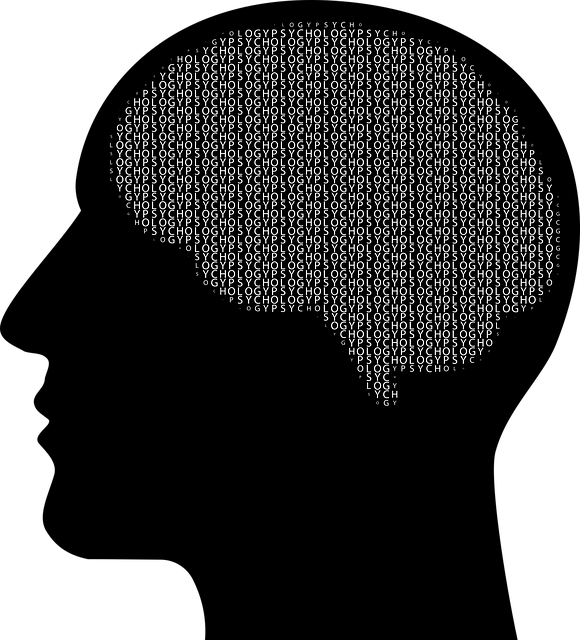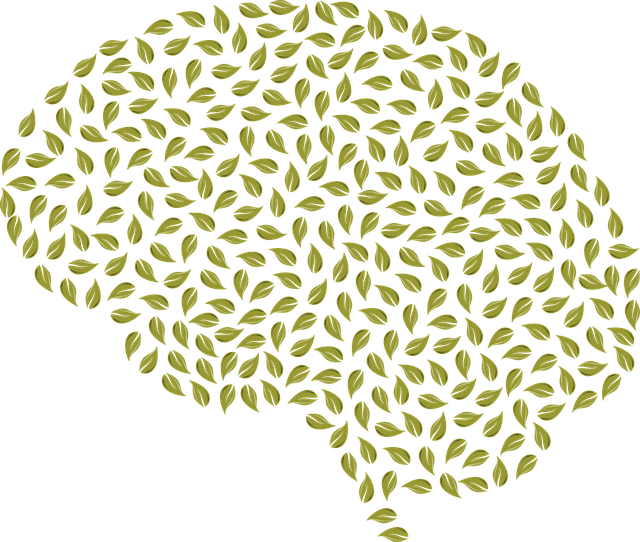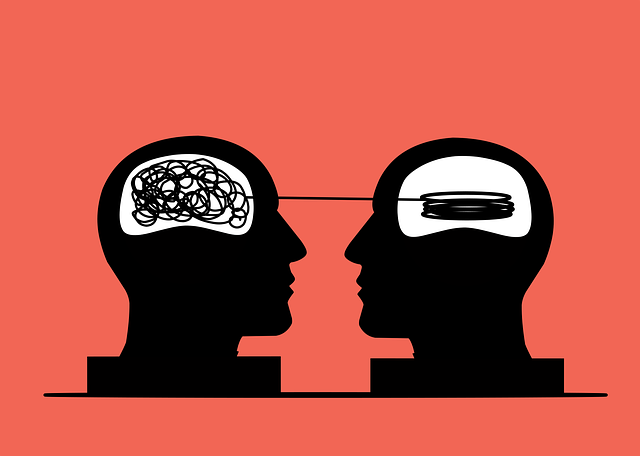Community outreach programs aiming to improve mental health should first identify local needs by assessing socio-economic factors, mental health trends, and unique challenges within diverse demographics. Recognize the growing demand for accessible online therapy for adults in today's digital era. Implement culturally sensitive strategies, multilingual services, and tailored programs for specific age groups and backgrounds to ensure inclusivity and impact. Integrate innovative strategies like interactive workshops, virtual support groups, and user-friendly online therapy platforms. Utilize open communication forums, social media, and local news partnerships for effective outreach. Cater sessions to diverse time zones and cultural backgrounds, promoting home-based mental health support. Evaluate program impact through key performance indicators, leveraging data for adaptive planning. Online therapy emerges as a powerful tool for accessible mental health support and self-care routines.
Community outreach programs play a vital role in enhancing access to mental health services, especially for underserved populations. This article delves into the strategic implementation of such initiatives, focusing on understanding community needs and designing engaging therapy sessions. We explore effective strategies for online therapy, targeting adults through interactive community engagement. By examining successful models and evaluation metrics, we highlight how these programs can be adapted to meet diverse adult mental health requirements in today’s digital era.
- Understanding the Needs: Identifying Gaps and Target Audiences for Effective Community Outreach
- Designing Engaging Programs: Strategies for Online Therapy Sessions and Community Interaction
- Implementation and Evaluation: Measuring Success and Adapting Programs to Meet Adult Needs
Understanding the Needs: Identifying Gaps and Target Audiences for Effective Community Outreach

Community outreach programs must begin with a deep understanding of the community’s needs and gaps. By identifying specific areas where resources are lacking, organizations can tailor their efforts to have a more significant impact. This involves assessing the socio-economic status, mental health landscape, and unique challenges faced by different demographics within the community. For instance, recognizing the growing demand for accessible therapy for adults through online platforms is crucial in today’s digital age. Many individuals prefer the convenience of online therapy, especially when coupled with compassion cultivation practices, as a means to improve their emotional well-being and employ stress reduction methods.
To effectively target audiences, community outreach groups should consider implementing strategies that resonate with diverse populations. This may include utilizing cultural sensitivity training for staff, offering services in multiple languages, or designing programs that address specific concerns relevant to different age groups and backgrounds. By doing so, organizations can ensure their initiatives are inclusive and have a broader reach, ultimately fostering better mental health outcomes for all members of the community.
Designing Engaging Programs: Strategies for Online Therapy Sessions and Community Interaction

In designing engaging programs for community outreach, especially focusing on online therapy sessions and community interaction, it’s crucial to integrate innovative strategies that cater to diverse mental health needs. A well-rounded Mental Health Education Program should blend interactive workshops, virtual support groups, and accessible online therapy options tailored for adults. Utilize multimedia tools, such as live streaming, video conferencing, and user-friendly platforms, to ensure sessions are inclusive and effective. Encourage two-way communication through open forums and chat features, fostering a sense of community among participants.
Effective Community Outreach Program Implementation hinges on Communication Strategies that promote trust and accessibility. Leverage social media, local news outlets, and community partnerships to spread awareness about these programs. Ensure sessions are structured with flexibility in mind, accommodating different time zones and preferences for participation. Incorporate cultural sensitivity and adaptability to cater to a wide range of individuals, making online therapy an inviting and beneficial option for those seeking support from the comfort of their homes.
Implementation and Evaluation: Measuring Success and Adapting Programs to Meet Adult Needs

Implementing community outreach programs requires a strategic approach to ensure their effectiveness and success in meeting adult needs. Evaluation is a critical component that measures the impact and identifies areas for improvement. By assessing key performance indicators, such as program participation rates, satisfaction levels, and behavioral changes, organizations can gauge the reach and value of their initiatives. This data-driven process allows for adaptive planning, ensuring programs remain relevant and responsive to the evolving needs of adults within the community.
Online therapy has emerged as a powerful tool in community outreach, offering accessible and convenient support for mental health concerns. Encouraging adults to adopt self-care routines through online platforms can help prevent burnout and promote better overall well-being. Additionally, providing virtual spaces for conflict resolution techniques enables individuals to develop healthy coping mechanisms while fostering positive relationships within the community. These adaptive measures contribute to a holistic approach, ensuring that outreach programs remain dynamic and impactful in addressing adult mental health and social engagement.
Community outreach programs, by focusing on understanding specific needs, designing engaging content like online therapy sessions, and rigorously evaluating success, can effectively serve adult communities. Integrating digital tools with community interaction through platforms that offer therapy for adults is a game-changer in addressing mental health gaps. This approach ensures that resources reach those who need them most, fostering a healthier and more connected society.














